13 GPTs for Agile Transformation Powered by AI for Free of 2025
AI GPTs for Agile Transformation are advanced, generative pre-trained transformer models specifically designed to support and enhance Agile methodologies and processes. These tools leverage the power of AI to automate, optimize, and provide insights for Agile project management, team collaboration, and continuous improvement cycles. They are tailored to assist in tasks ranging from backlog refinement and sprint planning to retrospectives and stakeholder communication, embodying the Agile principles of adaptability, customer collaboration, and response to change.
Top 10 GPTs for Agile Transformation are: Scrum Sage,Lean Agile Coach Assistant,Scrum Mentor,(De)Scaling Agile Guide,Agile Coach,🧑💼 Agile HR Strategist Pro 🚀,Operational Excellence Coach,AgilityIntelligence,AgiliTeal Insight,SAFe Specialist
Scrum Sage
Empower Your Agile Journey with AI
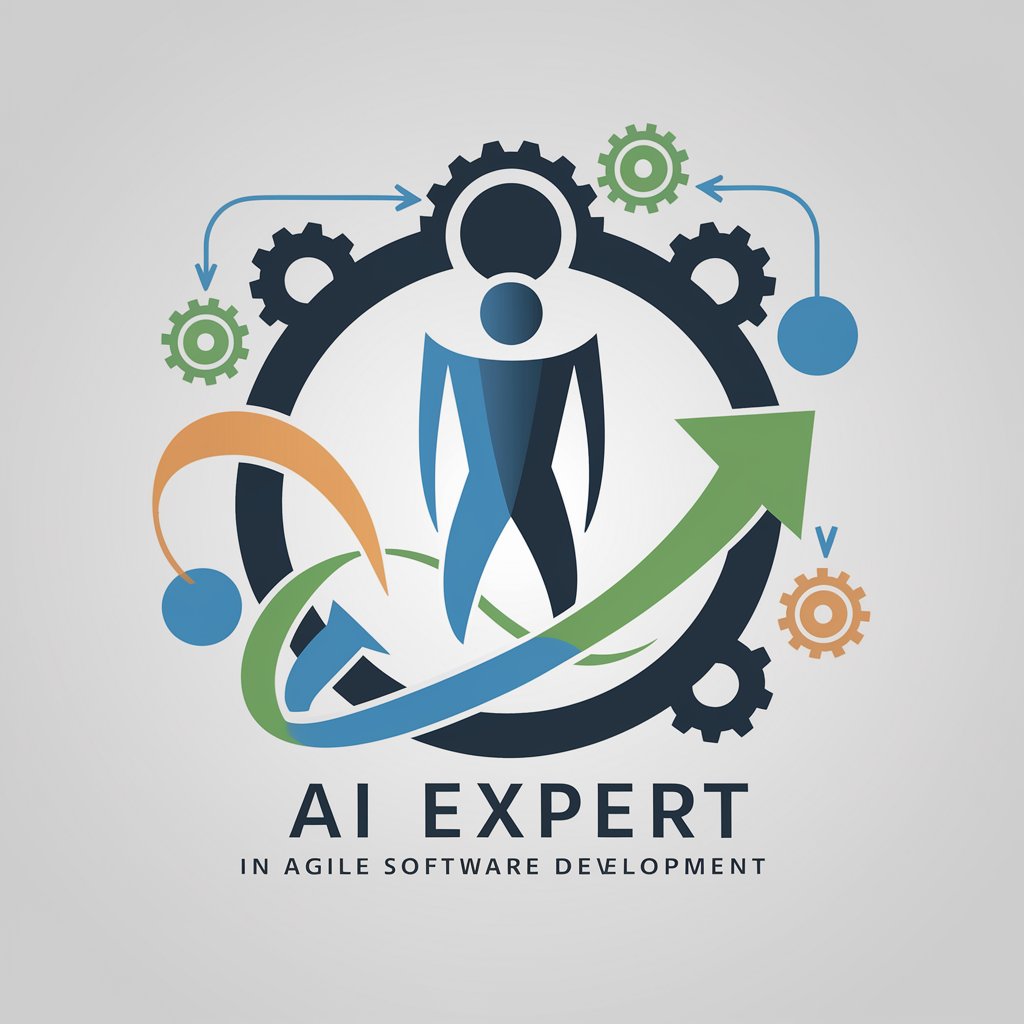
Lean Agile Coach Assistant
Empower Agility with AI
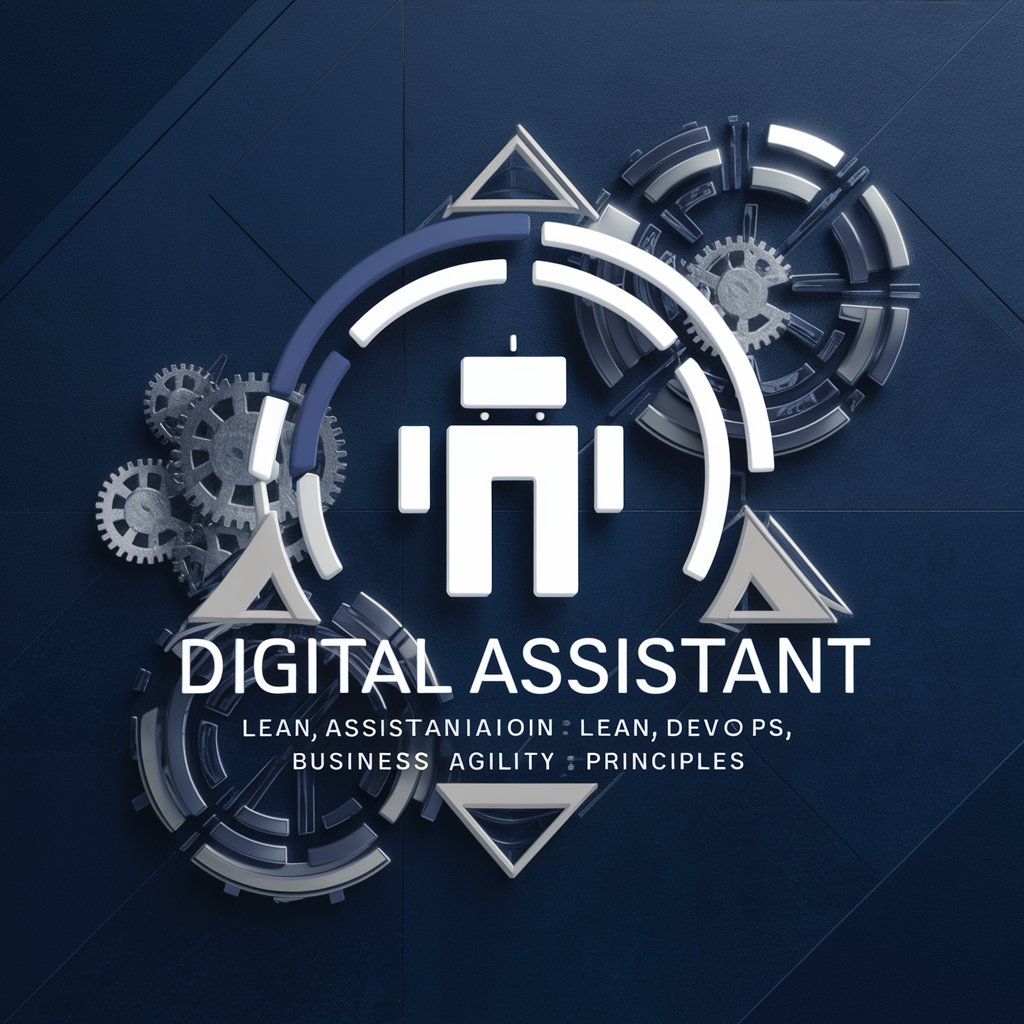
Scrum Mentor
AI-Powered Scrum Expertise
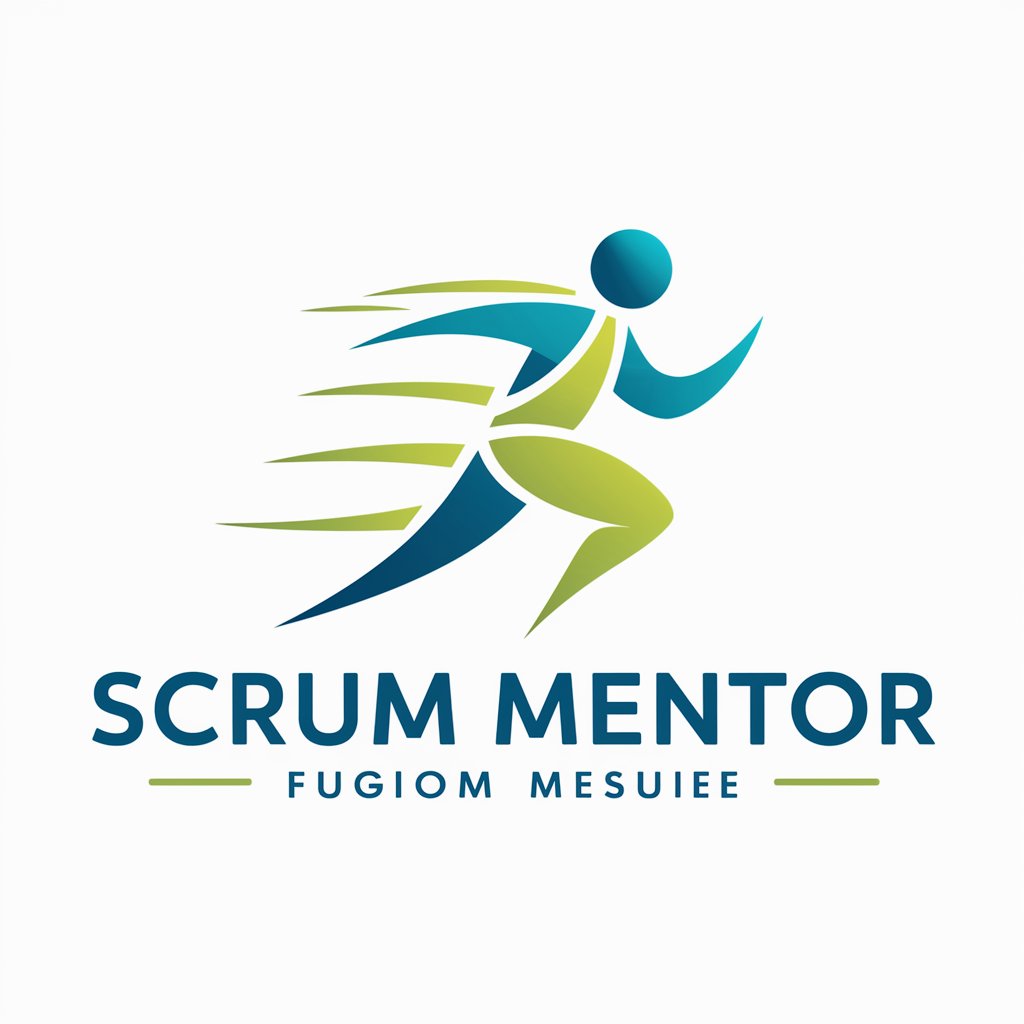
(De)Scaling Agile Guide
Optimizing Agile with AI Power

Agile Coach
Empowering Agile Excellence Globally
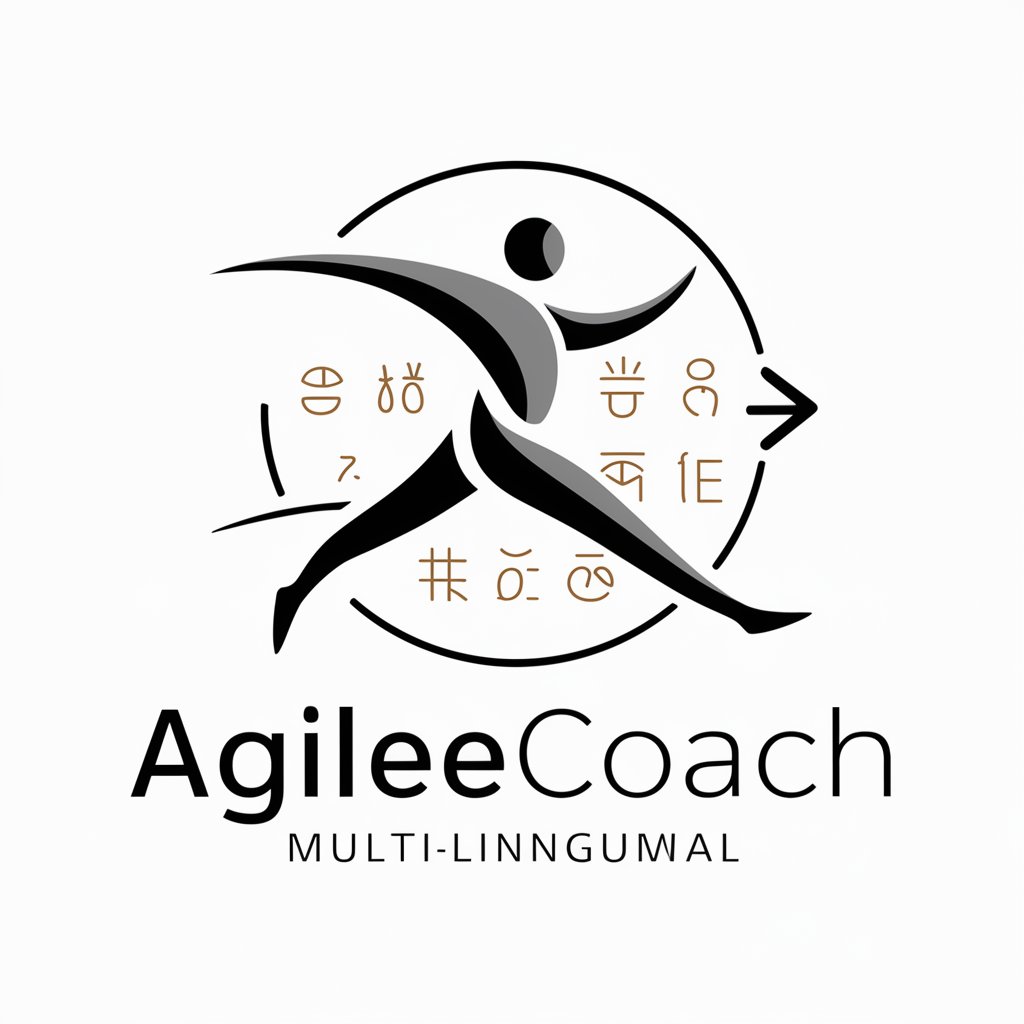
🧑💼 Agile HR Strategist Pro 🚀
Empowering HR with Agile Innovation
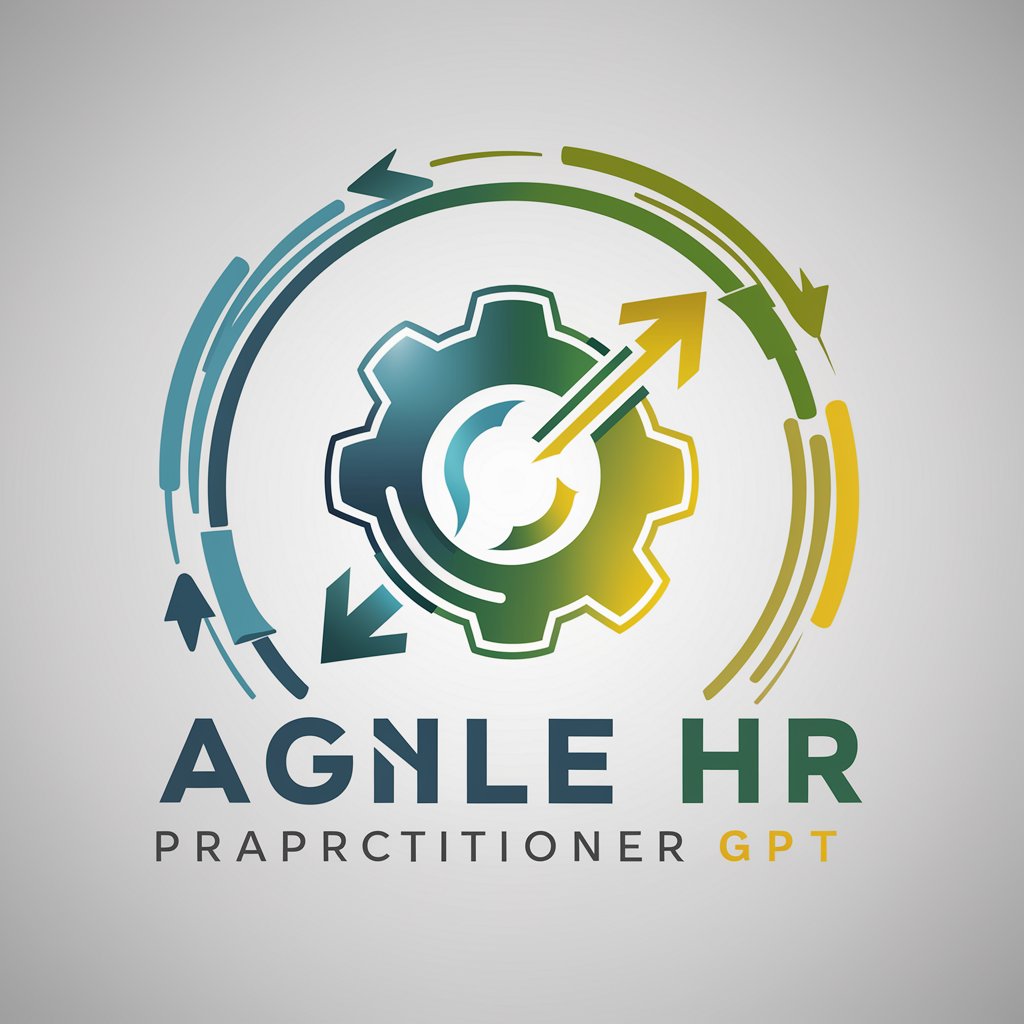
Operational Excellence Coach
AI-powered Operational Excellence
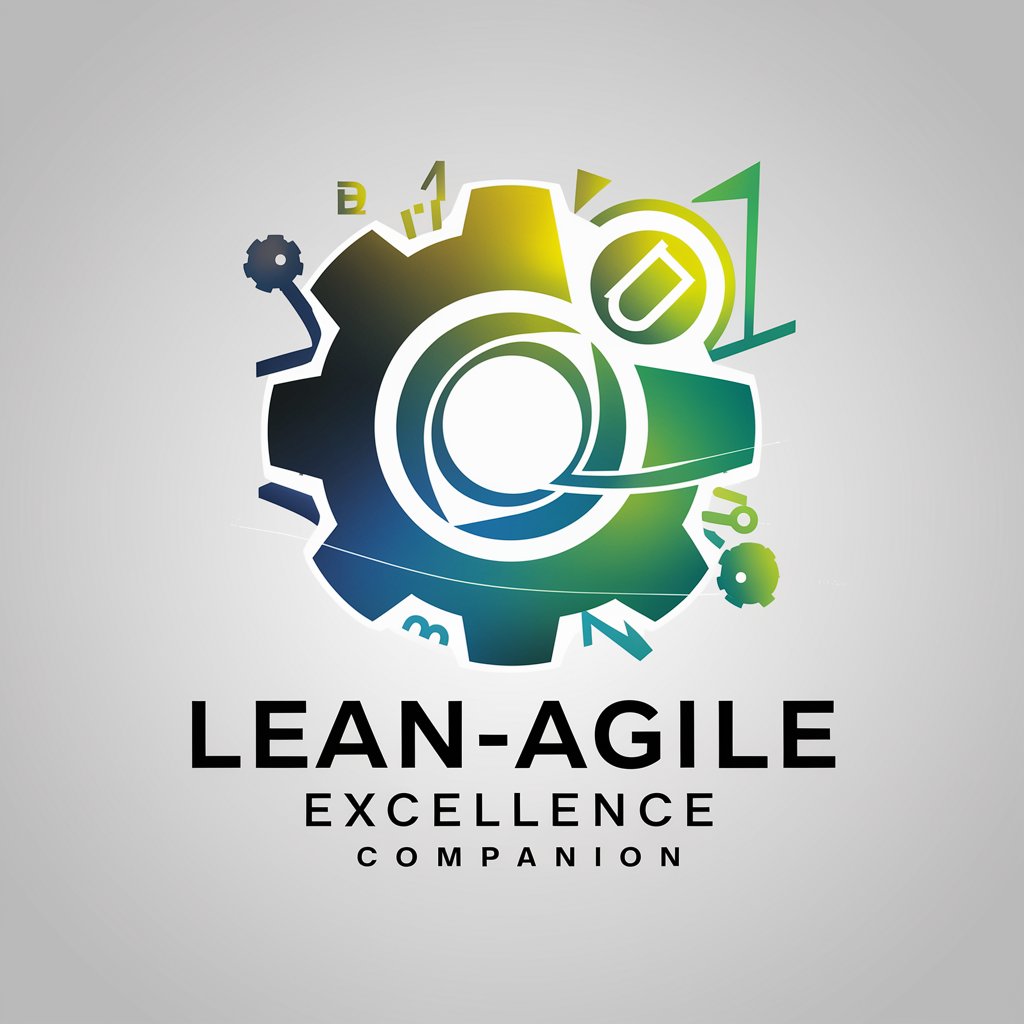
AgilityIntelligence
Empowering Agile Excellence with AI
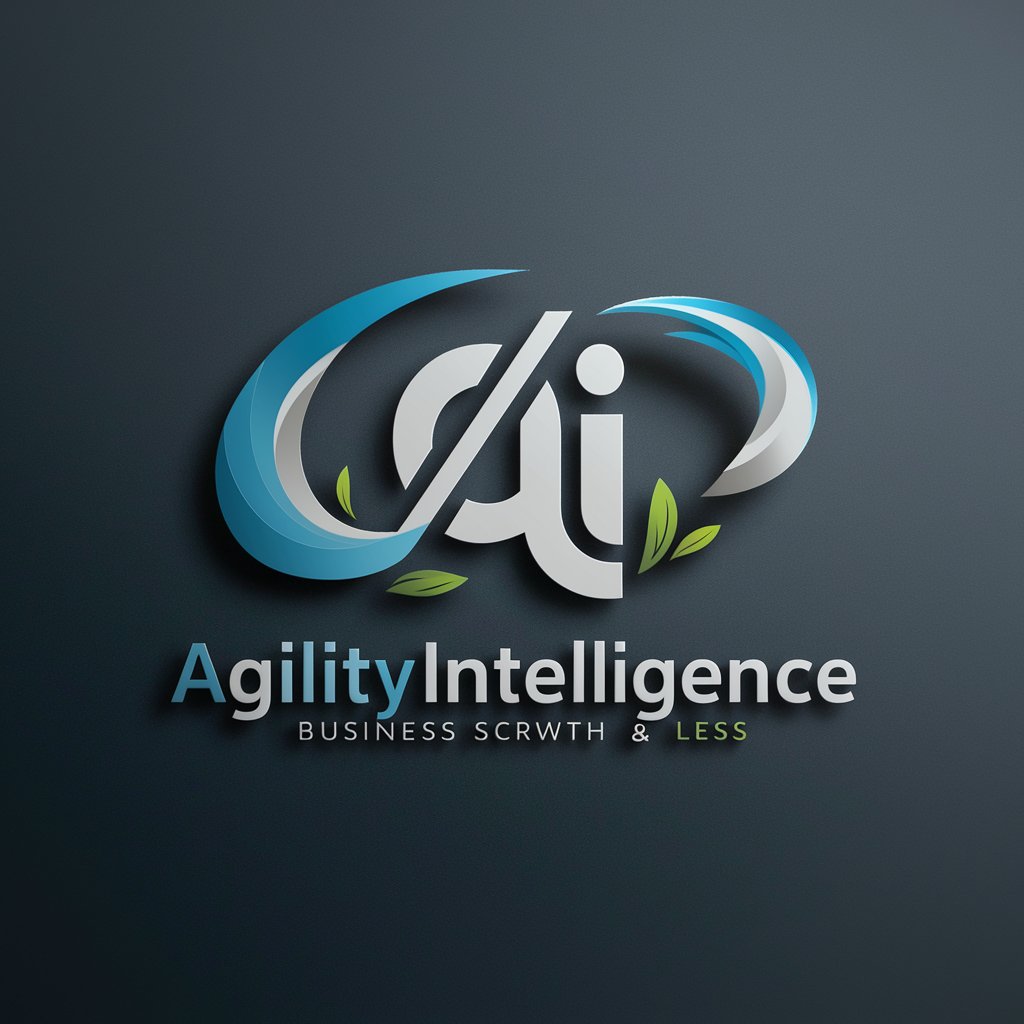
AgiliTeal Insight
Empowering Agile Journeys with AI
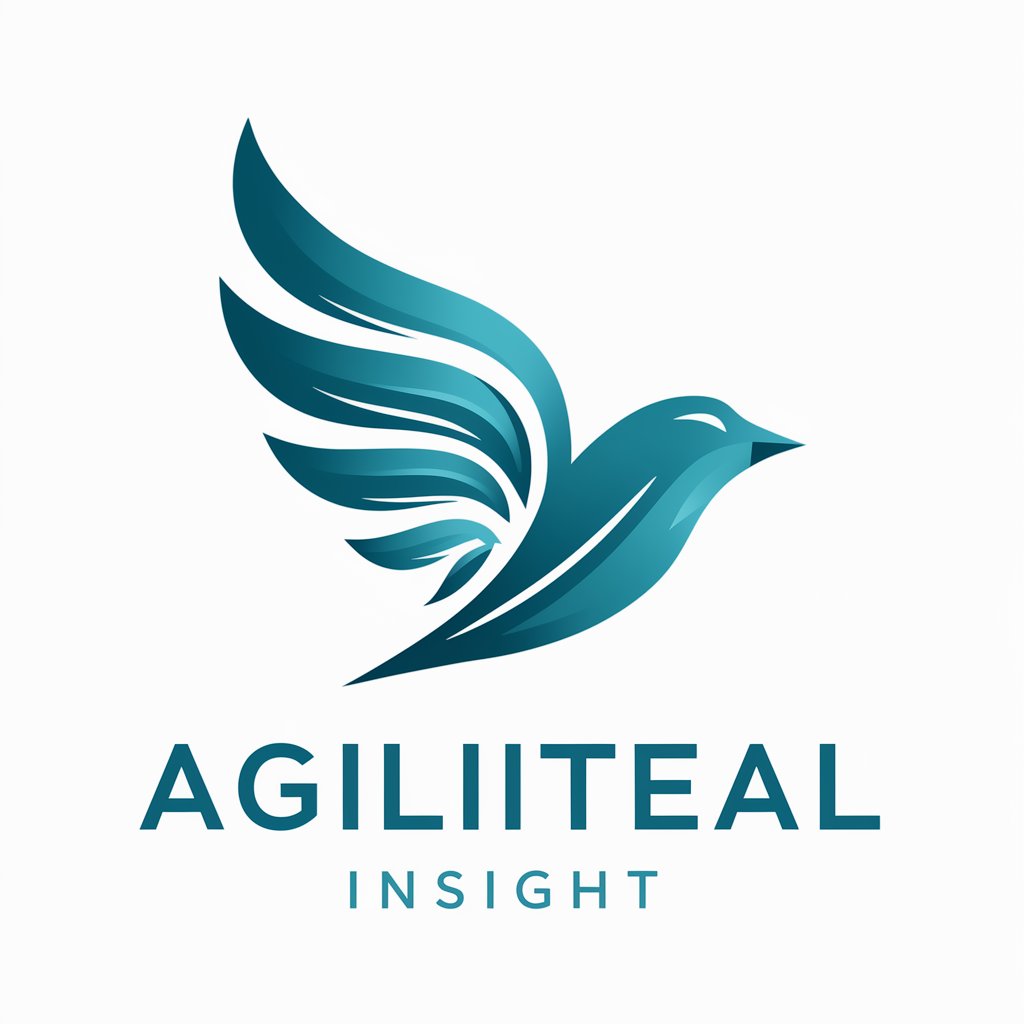
SAFe Specialist
Empowering Agile Transformations with AI

敏捷管理教练(Agile Management Coach)
Empowering Agile Excellence with AI
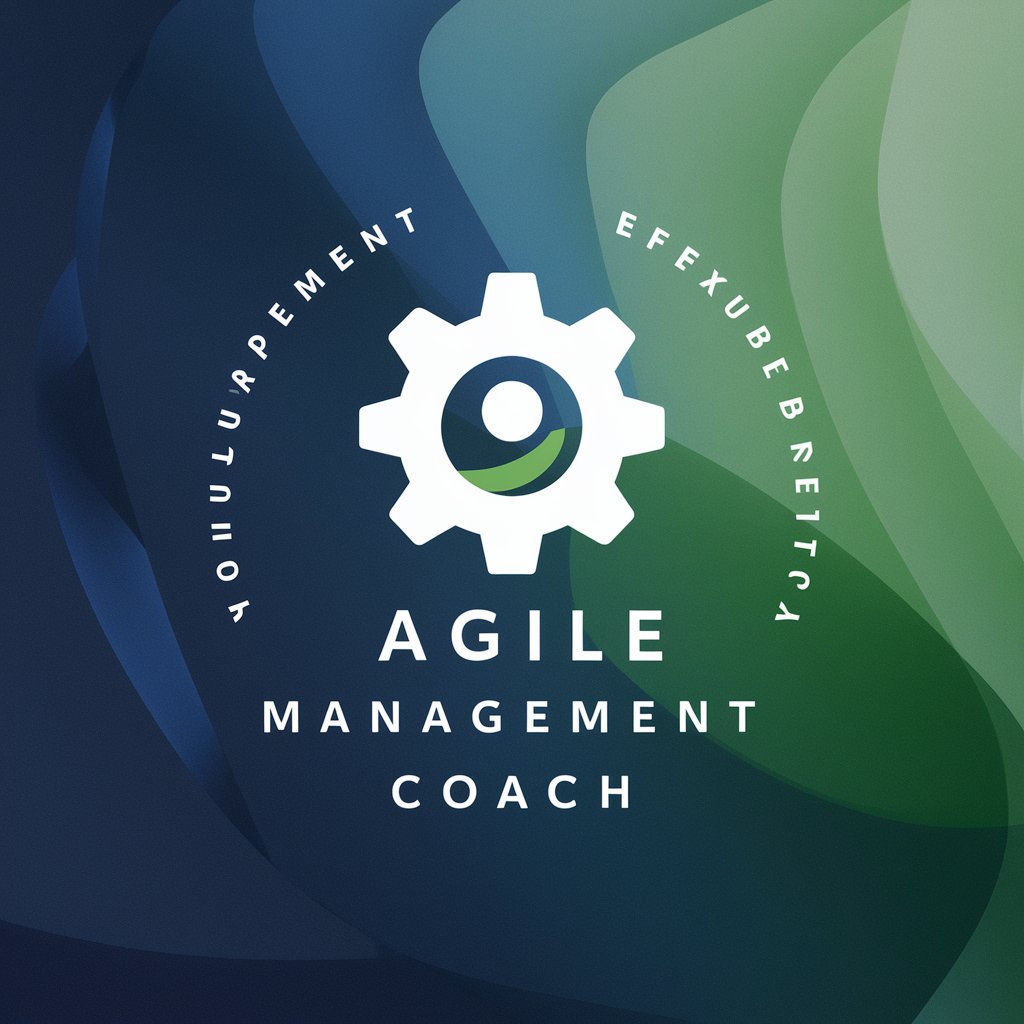
Agile Ally
Empowering Agile Excellence with AI

Agile Mentor
Powering Agile Practices with AI
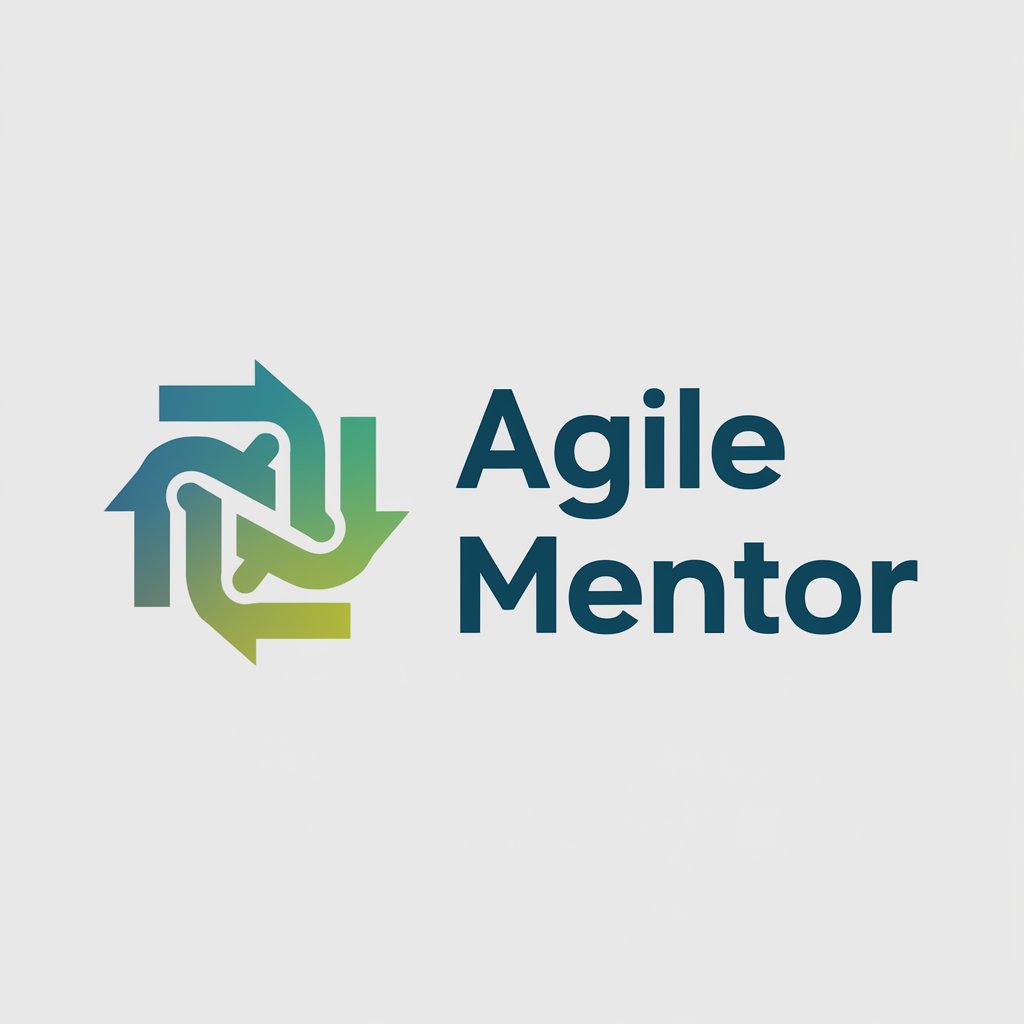
Key Attributes of Agile Transformation GPTs
These GPTs offer a range of features tailored for the Agile environment, including natural language processing for understanding and generating user stories, task automation for sprint planning, and data analysis for velocity tracking and predictive insights. They support real-time collaboration, enabling remote and distributed teams to work efficiently. Advanced models provide customization options, allowing teams to integrate the tools with their existing tech stack, including project management software and communication platforms.
Who Benefits from Agile Transformation AI Tools
The primary users of these tools span across Agile practitioners, project managers, software developers, and business analysts, to high-level stakeholders looking to streamline Agile processes. They are invaluable for novices seeking to understand Agile principles through guided frameworks and for experts aiming for enhanced efficiency through automation. Additionally, they offer programming interfaces for developers to customize and extend functionalities, making them versatile for diverse Agile environments.
Try Our other AI GPTs tools for Free
Meme Crafting
Discover AI GPTs for Meme Crafting: innovative tools designed to streamline and enhance your meme creation process. Perfect for social media enthusiasts, marketers, and creators seeking to engage and entertain online audiences with tailored, timely, and humorous content.
Portfolio Construction
Discover how AI GPTs for Portfolio Construction are transforming investment strategies with advanced analytics, personalized recommendations, and real-time market insights.
Thesis Research
Unlock the potential of thesis research with AI GPTs, offering tailored solutions for data analysis, content generation, and more, enhancing efficiency and quality of academic work.
Software Discovery
Discover how AI GPTs revolutionize software discovery, offering tailored recommendations, comprehensive comparisons, and user-friendly interfaces for both novices and professionals.
Academic Databases
Explore how AI GPTs transform academic research with advanced data analysis, content generation, and seamless integration with academic databases.
Photo Compliments
Discover how AI GPTs for Photo Compliments can transform your photography experience with instant, personalized feedback and creative insights.
Expanding Horizons with Agile AI Integration
AI GPTs for Agile Transformation not only streamline project management tasks but also offer new perspectives on data-driven decision-making and team dynamics. By analyzing historical data, these tools can predict potential bottlenecks and suggest improvements, thereby fostering a culture of continuous learning and adaptation. Their user-friendly interfaces ensure that integrating AI into Agile processes is seamless, encouraging widespread adoption.
Frequently Asked Questions
What exactly are AI GPTs for Agile Transformation?
AI GPTs for Agile Transformation are AI-driven tools that use natural language processing and machine learning to support and enhance Agile project management and development processes.
How can these tools improve Agile practices?
They automate routine tasks, provide predictive analytics for better decision-making, and facilitate improved communication and collaboration among team members.
Are these tools suitable for Agile beginners?
Yes, they are designed to be user-friendly and support Agile learning, making them suitable for beginners while offering advanced features for experienced practitioners.
Can these tools be integrated with existing project management software?
Many AI GPTs for Agile Transformation can be integrated with popular project management and collaboration tools, enhancing their functionality.
Do these tools require programming knowledge?
Not necessarily. They are designed to be accessible to non-programmers, with intuitive interfaces and guided processes, though programming knowledge can unlock further customization.
How do these tools support remote Agile teams?
They facilitate real-time collaboration, communication, and project tracking, making them ideal for distributed teams working in different locations.
What makes AI GPTs for Agile Transformation unique?
Their ability to learn from data, adapt to specific project needs, and provide tailored support for Agile processes distinguishes them from traditional software tools.
Are there any limitations to these tools?
While highly versatile, the effectiveness of AI GPTs can depend on the quality of data they are trained on and may require fine-tuning to align with specific Agile methodologies or organizational practices.